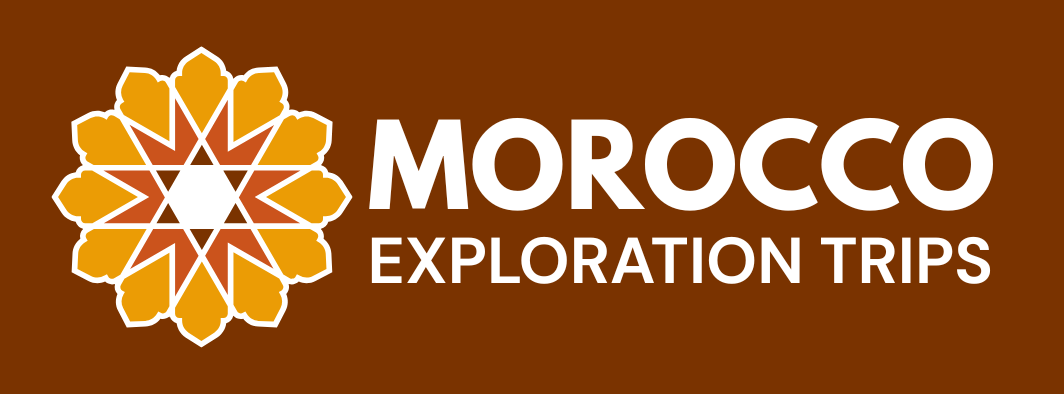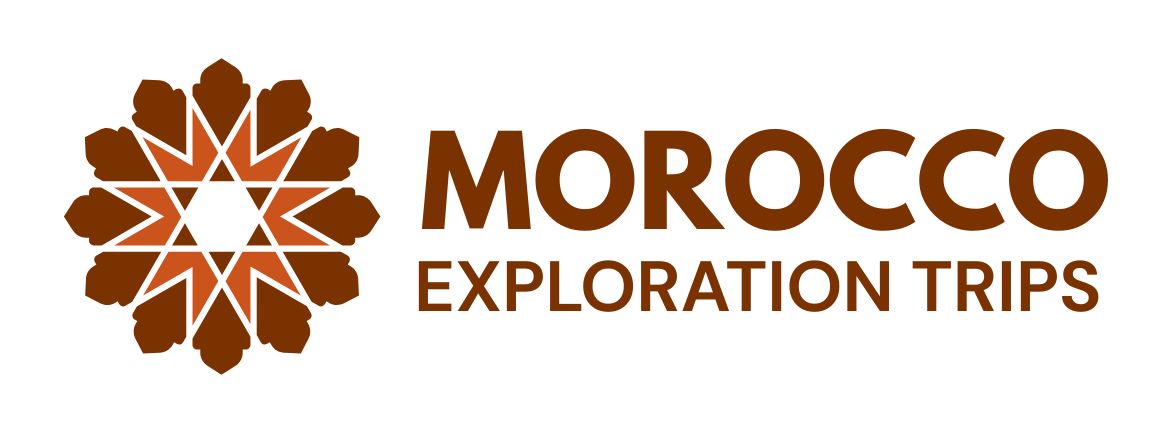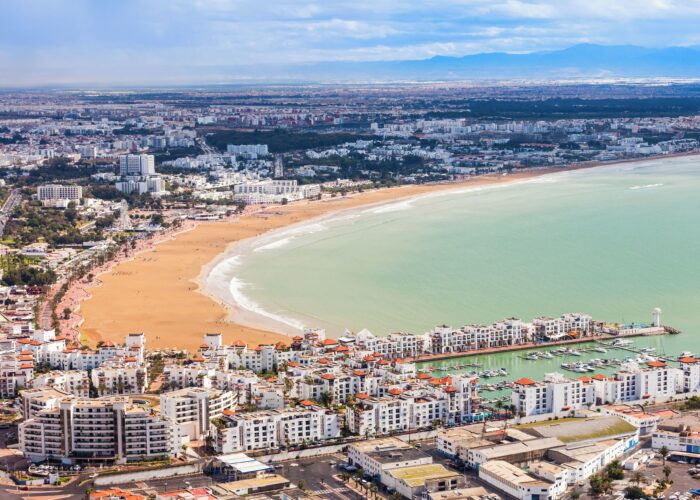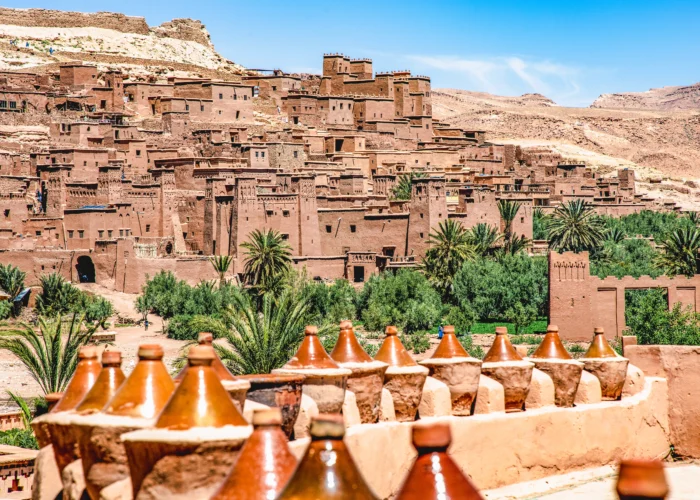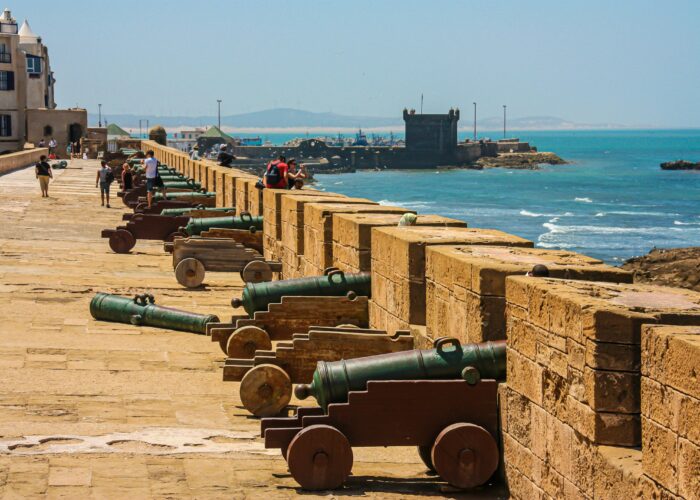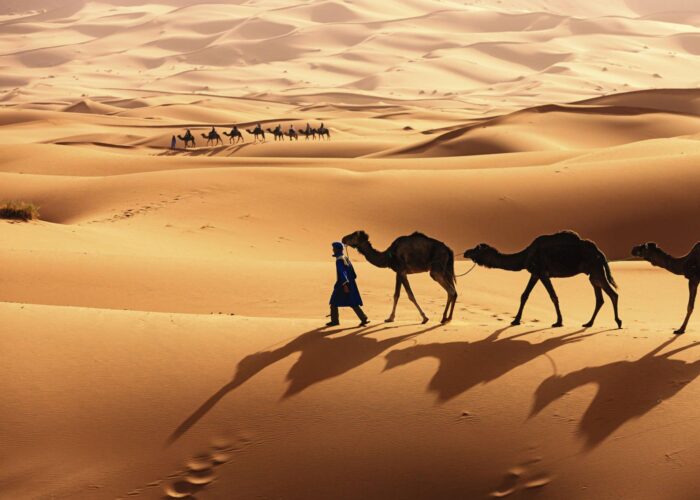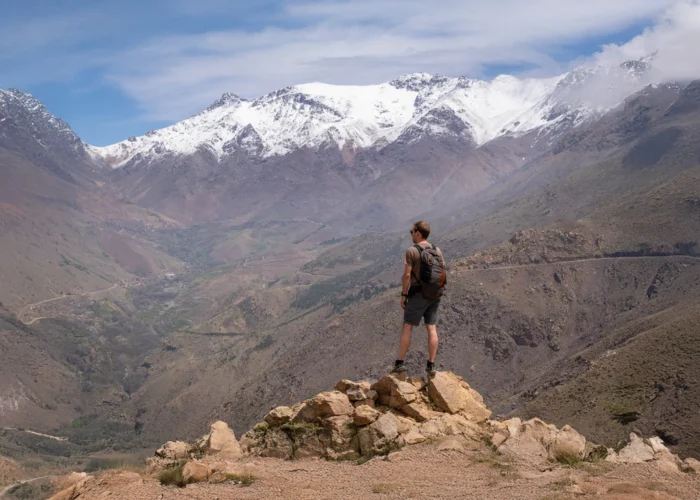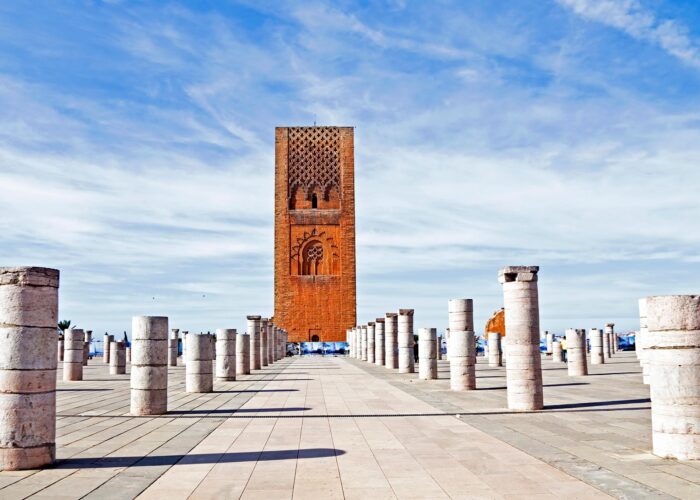Welcome to the charming world of Morocco, a country that beckons travelers with its rich culture, history, and breathtaking landscapes. Located in north-west Africa, the Kingdom of Morocco is an amazing destination that has long been a favourite among adventurers and seekers of authentic travel experiences. At Morocco Exploration Trips, we are your trusted gateway to the wonders of Morocco, offering recommended Morocco tours that engage you in the heart of this extraordinary nation.
Our mission is to provide Morocco travelers with an unparalleled journey through the country, one that transcends the ordinary and delves deep into the soul of this fascinating land. We are not just Morocco tour organizers; we are passionate storytellers who believe that the essence of Morocco lies in its ancient traditions, captivating history, and the warmth of its people.
As a Morocco tour operator deeply rooted in the local culture, we understand the pulse of Morocco like no other. Our Moroccan tours and Travel Packages are meticulously crafted to showcase the very best of Morocco’s vibrant cities, serene deserts, majestic mountains, and idyllic coastal towns. Whether you’re a solo adventurer yearning for a personal odyssey, a couple seeking a romantic escape, a family eager to create lasting memories, or a group of friends ready for an unforgettable adventure, we have Morocco-tailored expeditions to cater to every traveler’s desires and interests. We invite to explore our Best Morocco Tours 2026 – Morocco Travel Packages 2026 -2027.
